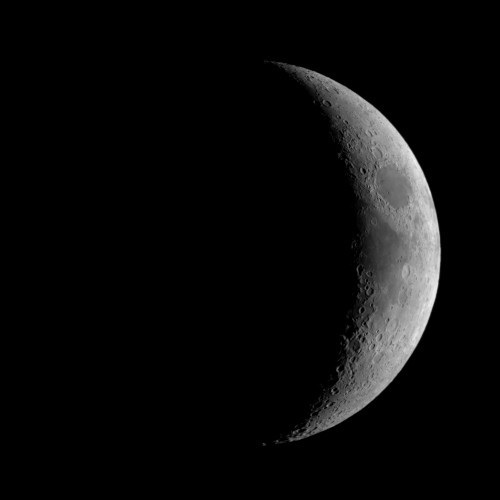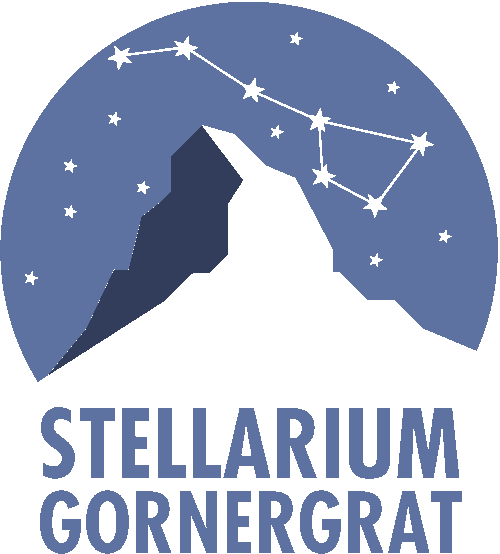
The phases of the moon
Why is the moon displaying phases? What mechanism is responsible for it? Get to know our neighbor better!
Niveau: A
Questa attività è stata sviluppata di recente. Saremo lieti di ricevere suggerimenti per miglioramenti e correzioni. Potete contattarci all'indirizzo contact@stellarium-gornergrat.ch.
The Moon is the brightest and most prominent appearance of the night sky. It is so bright that it is visible also during the day - even in big cities. While constantly orbiting the Earth, the Moon changes its appearance every day. In this activity the pupils get to know the moon better by means of a current moon picture of the Stellarium Gornergrat. They learn why the Moon shines and how the observed phases occur. They also learn the difference between the phases of the moon and a lunar eclipse.
Requirements
none
Learning Objectives
The students…
- can explain why the moon shines.
- can explain how the moon phases occur.
- can name and explain the moon phases.
- know the difference between moon phases and a lunar eclipse.
Learning Steps
1: Warum leuchtet der Mond?
Short Description
test
Difficulty Level
1
Requirements
none
Duration
20 minutes
Social Form
Group
Class
2: The phases of the moon
Short Description
Anhand von Mondbildern unterschiedlicher Phasen lernen die Schülerinnen und Schüler die Mondphasen kennen. Mittels eines kleinen Versuchs, bei dem die Schülerinnen und Schüler selbst mitwirken, wird die Entstehung der Mondphasen anschaulich dargestellt.
Difficulty Level
1
Duration
45 minutes
Social Form
Group
Individual
Pairs
Class
Documents for Learners
There are no teaching materials available for the English version of this activity.
